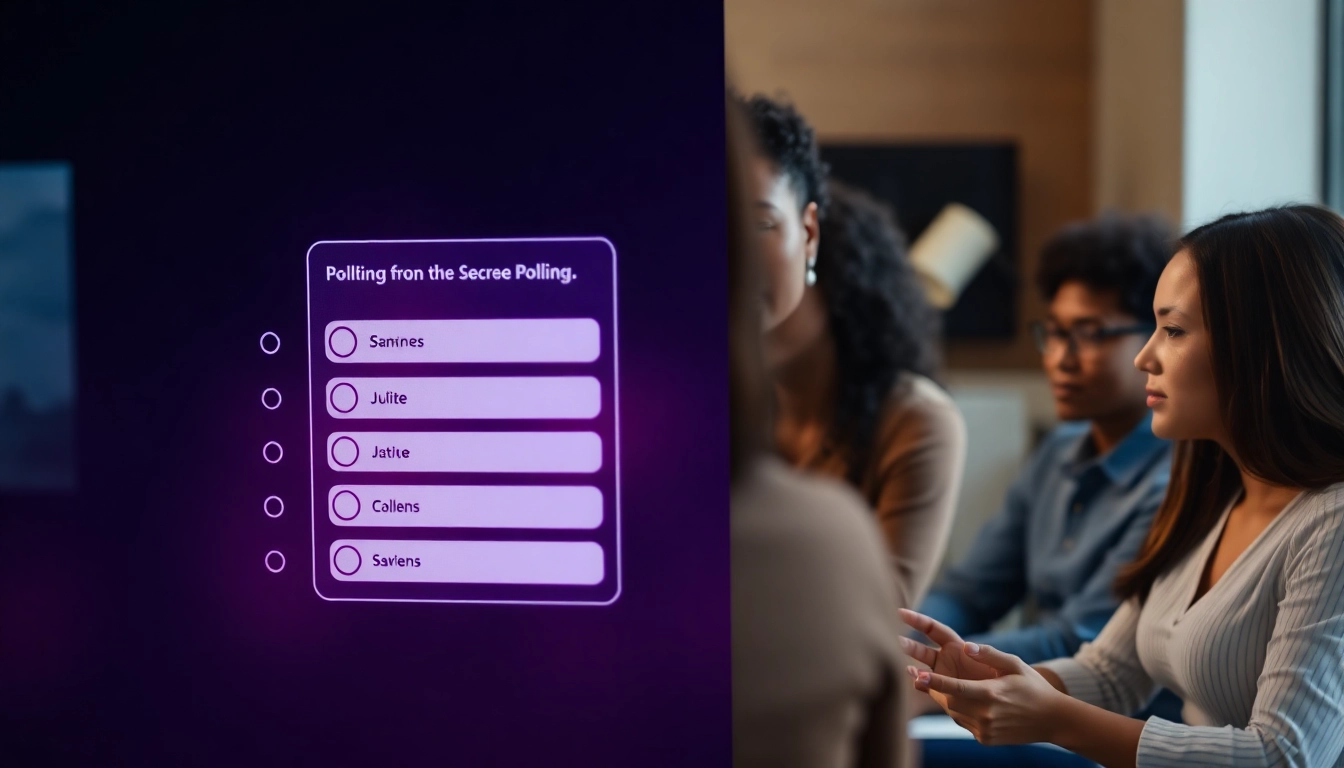Understanding the Role of Communication in Relationships
Communication forms the backbone of any relationship, influencing how partners understand, trust, and connect with each other. From sharing thoughts and feelings to resolving conflicts, the way we communicate can significantly alter the dynamics of a relationship. Communication in relationships is not just about exchanging words; it encompasses emotions, intentions, and nonverbal cues that can either strengthen bonds or create barriers. In this article, we will delve into the multitude of facets that comprise effective communication in relationships and provide practical strategies for improvement.
What is Communication in Relationships?
At its core, communication in relationships encompasses the various ways in which partners share thoughts, feelings, and intentions to foster understanding and intimacy. This includes verbal communication (what we say), nonverbal cues (body language, tone of voice), and even written communication (texts, letters). Establishing a meaningful connection requires an awareness of these various forms of communication, as they can each impact the interpretation of a message. Healthy communication fosters emotional intimacy and helps navigate challenges, ensuring the relationship grows rather than stagnates.
The Impact of Poor Communication
Poor communication can have detrimental effects on relationships. Misunderstandings often arise not because of a lack of information but due to ineffective delivery or reception of the message. When partners fail to articulate their feelings or thoughts clearly, it can lead to conflicts, feelings of resentment, and emotional disconnect. For instance, a partner may interpret silence as disinterest, while the other merely needs time to process their thoughts. Over time, these miscommunications can erode trust and lead to serious relationship concerns.
Benefits of Strong Communication Skills
Investing time in developing strong communication skills can transform a relationship’s dynamics. Effective communication fosters understanding, builds trust, and enhances emotional intimacy, which are essential components of any healthy relationship. Couples who communicate well are better equipped to navigate conflicts constructively, share their feelings openly, and express their needs and desires without fear of judgment. Consequently, partners become more aligned in their goals and expectations, creating a fulfilling and lasting partnership.
Key Concepts of Effective Communication
Active Listening Techniques
Active listening is a crucial skill in effective communication. It involves fully concentrating, understanding, responding, and remembering what is being said. To practice active listening, partners can employ techniques such as summarizing what the other has said, asking clarifying questions, and validating their partner’s emotions. By demonstrating genuine interest, partners foster an environment where both feel respected and valued. Research shows that practicing active listening can significantly reduce misunderstandings and enhance the emotional connection between partners.
Open and Honest Dialogue
Open and honest communication implies a willingness to share thoughts, feelings, and concerns without fear of backlash or judgment. This level of transparency encourages vulnerability, which is integral to deepening intimacy. Couples should establish ground rules for discussing sensitive topics—prioritizing respect and understanding. For instance, employing “I” statements instead of “you” statements can help express feelings without directing blame, making conversations more constructive and less confrontational.
Constructive Conflict Resolution Strategies
Conflict is an unavoidable aspect of any relationship, but how partners manage disputes can either strengthen or weaken their bond. Constructive conflict resolution involves addressing disagreement positively and proactively. Couples can achieve this by focusing on the issue at hand rather than personal attacks, approaching the conversation as a team, and brainstorming solutions together. Techniques such as taking a timeout if discussions become heated can also be beneficial in cooling tempers and encouraging rational dialogues.
Implementing Healthy Communication Habits
Daily Practices for Better Interaction
Integrating healthy communication habits into daily routines can significantly enhance relational dynamics. Simple practices such as scheduling regular check-ins to discuss feelings and experiences can promote openness. Engaging in shared activities also fosters communication; engaging in conversation during dinner or a walk can help partners reconnect. Utilizing mutual goals can also serve as a foundation for more constructive discussions, keeping the relationship engaged and proactive.
Building Emotional Intelligence Together
Emotional intelligence (EQ) is the ability to recognize and understand emotions in oneself and others. Building EQ together can enhance communication, creating an empathetic relationship environment. Couples can cultivate emotional intelligence by sharing feelings and experiences, practicing empathy, and providing thoughtful feedback. Participating in activities that promote self-reflection and understanding can also deepen emotional connections, making partners more attuned to each other’s needs.
Using Nonverbal Communication Effectively
Nonverbal communication, including body language, facial expressions, and tone of voice, plays a significant role in how messages are conveyed and received. Being aware of nonverbal cues can help partners interpret each other’s emotions and intentions more accurately. Maintaining eye contact, nodding, and using open body language are ways to reinforce verbal messages and promote a safe communicative environment. Moreover, partners should be mindful of how their own nonverbal signals can impact discussions.
Common Communication Challenges in Relationships
Identifying Miscommunications
Miscommunication can often be overlooked until it escalates into a more serious problem. Recognizing patterns of misunderstanding, such as misinterpretations of tone or intent, is essential for resolving issues effectively. Partners should create a culture where they can clarify misunderstandings without fear of judgment. Regularly discussing specific instances when miscommunication occurred can help build awareness and improve future interactions.
Overcoming Cultural and Personal Barriers
Cultural differences and individual backgrounds can pose significant challenges to effective communication. Variations in beliefs, customs, and communication styles can lead to misunderstandings if not addressed. Creating an open dialogue about each other’s backgrounds encourages exploration of these differences. Acknowledging and respecting cultural nuances plays a crucial role in fostering a successful and supportive environment.
Addressing Fear and Vulnerability in Conversations
Fear of vulnerability often hinders open communication in relationships. Partners might hesitate to express true feelings for fear of rejection or conflict. To combat this, partners should develop a safe space for sharing vulnerable feelings, emphasizing trust and empathy. Establishing trust can take time and requires consistent effort from both partners. Recognizing that vulnerability can enhance intimacy can help shift perspectives and encourage more open dialogue.
Measuring Progress and Improving Communication Skills
Setting Goals for Relationship Communication
Setting clear communication goals can provide structure and direction for partners aiming to improve their interactions. These goals might include actively practicing specific communication techniques, improving listening skills, or addressing particular issues more constructively. Regularly revisiting and adjusting these goals ensures continued progress and reinforces commitment to improving communication.
Feedback Mechanisms for Continuous Improvement
Implementing feedback mechanisms allows partners to learn from their communications. Discussing specific examples of effective and ineffective interactions can highlight areas for growth. Creating a culture of constructive feedback ensures that both partners can express their needs and preferences without fear. Regular check-ins where partners assess their communication dynamics nurture growth and improvement over time.
Resources for Enhancing Communication Techniques
Several resources are available to couples looking to enhance their communication skills. Books, workshops, and online courses can provide valuable insights and exercises to stimulate better communication. Couples might consider engaging in relationship counseling or attending communication workshops to learn strategies and techniques tailored to their specific challenges. Moreover, tapping into online forums can also help partners connect with others navigating similar issues.













Leave a Reply